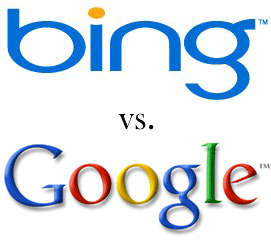- The mission of the Skype an Author Network is to provide K-12 teachers and librarians a way to connect authors, books, and young readers through virtual visits.
- The mission of the Skype an Author Network is to provide K-12 teachers and librarians a way to connect authors, books, and young readers through virtual visits.
- - By Dennis OConnor
As a modern day library student, you’re probably excited about discovering and experimenting with the new tools and systems that have changed the way we find, receive and catalog information. But with all of the new technology out there, it can be hard to keep track of everything beyond your own niche field of study. This collection of library and information technology blogs have changed that, and now you’ll be able to learn about all of the trends, developments, tools and resources available to librarians in every niche.







